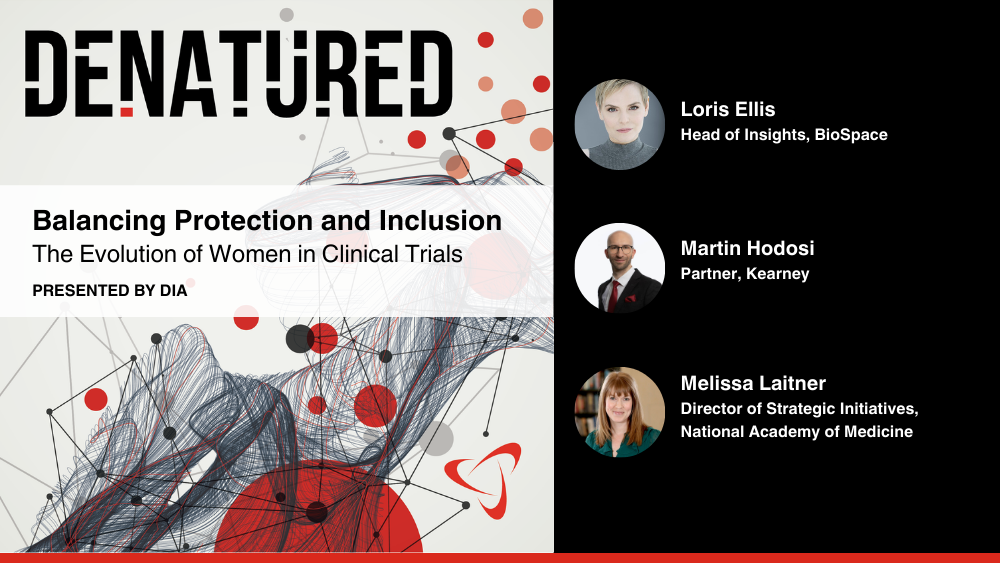GentiBio, Inc., a biotherapeutics company developing engineered T regulatory (Treg) cells (EngTregs) therapies for autoimmune, auto-inflammatory, alloimmune and allergic diseases, today announced the release of preclinical data demonstrating a novel approach for using engineered Tregs to potentially treat and prevent type 1 diabetes (T1D).
| --Encouraging Data Strongly Support Clinical Development of GNTI-122 in T1D-- CAMBRIDGE, Mass., Oct. 11, 2022 /PRNewswire/ -- GentiBio, Inc, a biotherapeutics company developing engineered T regulatory (Treg) cells (EngTregs) therapies for autoimmune, auto-inflammatory, alloimmune and allergic diseases, today announced the release of preclinical data demonstrating a novel approach for using engineered Tregs to potentially treat and prevent type 1 diabetes (T1D). GentiBio and colleagues demonstrated the ability of EngTregs to specifically target pancreas cells and draining lymph nodes in order to mitigate destruction and inflammation associated with the development of T1D within the context of ongoing inflammation. These data were released both by publication and presentation in collaboration with colleagues at the Seattle Children’s Research Institute and Benaroya Research Institute. GentiBio will present their study today in a poster presentation at the European Society of Gene and Cell Therapy (ESGCT) Congress in Edinburgh, Scotland. The poster is entitled “Development and characterization of GNTI-122, an autologous engineered human regulatory T cell therapy for type 1 diabetes.” Additional data were also published last week in the peer reviewed journal, Science Translational Medicine, in a paper entitled “Pancreatic islet-specific engineered Tregs exhibit robust antigen-specific and bystander immune suppression in type 1 diabetes models.” T1D, also known as juvenile diabetes, is an autoimmune disease caused by the immune system destroying the cells of the pancreas responsible for making insulin. The data in the paper and publication demonstrated that, in a T1D mouse model, GentiBio’s approach specifically suppressed pathogenic T cells attacking the pancreas to reduce inflammation, protect insulin-producing islet beta cells, and mitigate the development of T1D. Furthermore, the data demonstrated that human EngTregs could be effectively engineered and produced at high purity with GentiBio’s unique technology that overcomes key challenges associated with developing Tregs to treat autoimmune disease. “We are incredibly excited about the potential for GNTI-122 to dramatically transform the lives for patients with type 1 diabetes,” stated Tom Wickham, PhD, chief scientific officer. “The data from GentiBio and our collaborators at Seattle Children’s Research Institute and Benaroya Research Institute support the ability of our unique technology to address key bottlenecks associated with developing a Treg therapeutic by providing a highly potent, stable, and scalable EngTreg to treat T1D.” The company’s approach involves creating differentiated, engineered Tregs that integrate all three of the company’s technology pillars outlined below:
A novel, highly scalable, dual-editing method has been developed which enables all three pillars to be incorporated into a highly enriched population of EngTregs that can be manufactured and delivered to a patient. “Our ability to engineer a stable Treg phenotype with a TCR specific to islet cells demonstrated that those cells homed to the pancreas and significantly reduced islet cell destruction and inflammation associated with the development of T1D,” said David Rawlings, MD, director for the Center of Immunity and Immunotherapy at Seattle Children’s Research Institute. “This research leverages our background in gene editing to establish a new cell therapy for the treatment or prevention of type 1 diabetes and other organ-specific autoimmune and inflammatory disorders, such as inflammatory bowel disease and multiple sclerosis.” “We believe our approach to isolate and identify highly specific TCRs that function optimally within EngTregs for application to T1D could signal our ability to develop important cell therapies for many other allergic, inflammation and autoimmune disorders,” stated Jane Buckner, MD, president of Benaroya Research Institute. “We hope that someday this therapy could become a groundbreaking treatment.” About GentiBio, Inc. GentiBio, Inc. is a biotherapeutics company co-founded by pioneers in Treg biology and immunology from Seattle Children’s Research Institute, Benaroya Research Institute, and MIGAL Galilee Research Institute to develop engineered regulatory T cells programmed to treat autoimmune and inflammatory diseases. GentiBio’s Series A financing was led by Matrix Capital Management with participation by Avidity Partners, JDRF T1D Fund, seed investors OrbiMed, RA Capital Management, Novartis Venture Fund, and Seattle Children’s Research Institute. GentiBio’s autologous and allogeneic engineered Tregs platform integrates key technologies designed to successfully (re)establish immune tolerance and overcome major limitations in existing Treg therapeutics. GentiBio is at the forefront of leveraging a unique therapeutic modality that has the potential to address the fundamental cause of many diseases that result from overactivity and/or malfunctioning of the immune system. The company also has a collaboration with Bristol Myers Squibb for the development of Treg therapies for inflammatory bowel diseases. To learn more, visit www.gentibio.com. Company Contact: SOURCE GentiBio, Inc. |




